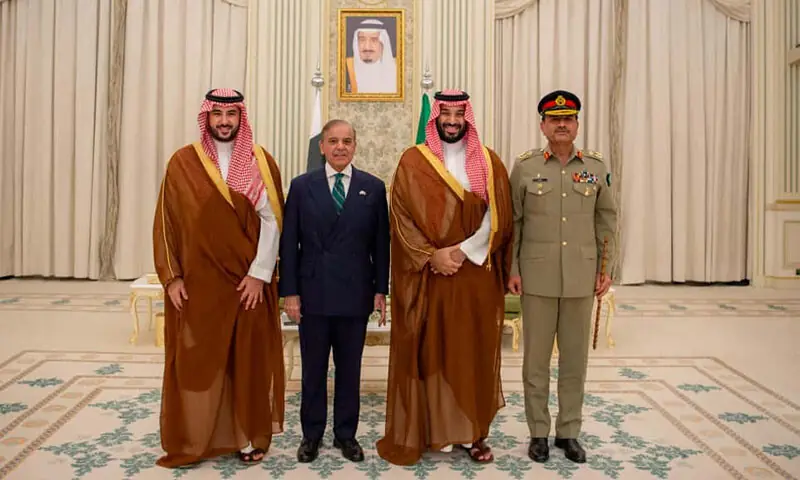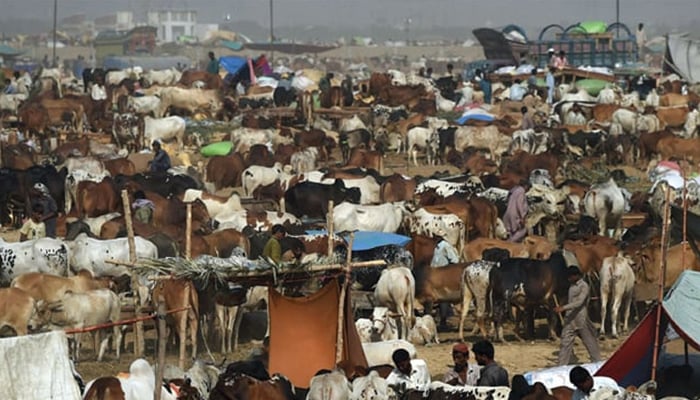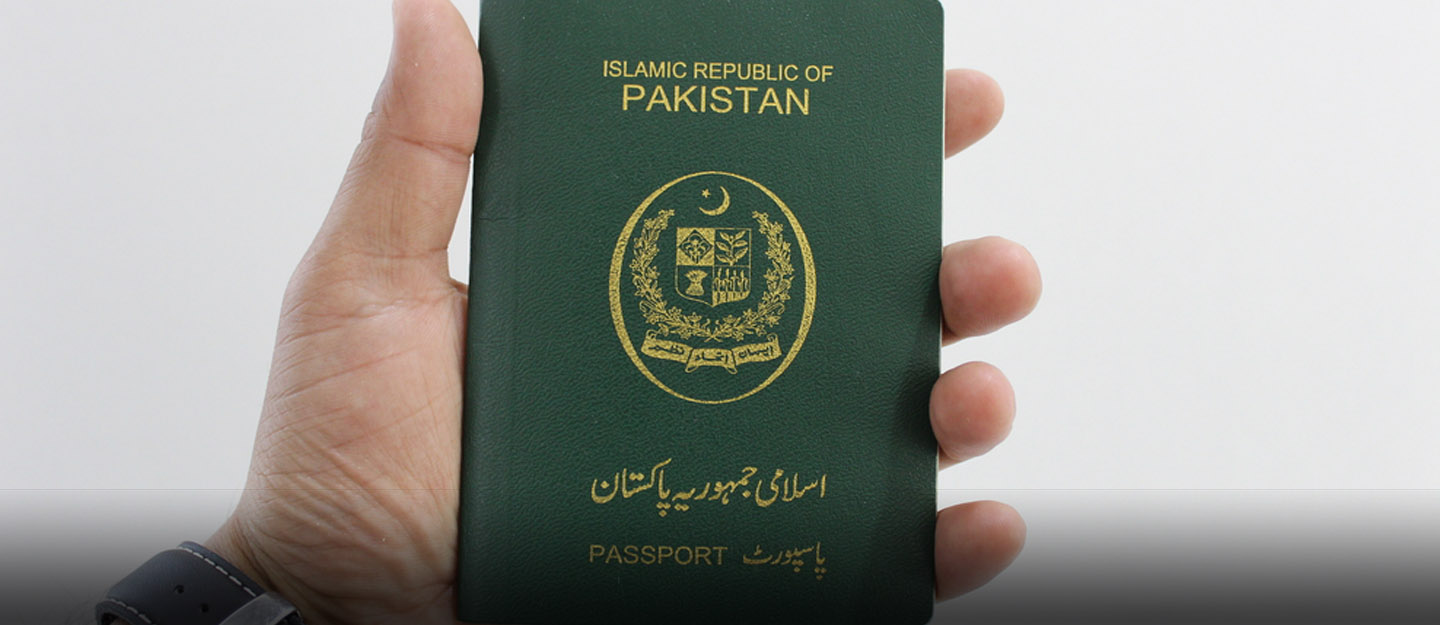In a move that underscores deepening strategic cooperation, Pakistan and Saudi Arabia have signed a Strategic Mutual Defence Agreement in Riyadh, pledging that any aggression against one will be treated as an attack on both. The landmark pact was signed by Prime Minister Shehbaz Sharif and Saudi Crown Prince Mohammed bin Salman, taking bilateral relations to a new level.
Signing Ceremony at Yamama Palace
The formal ceremony took place at the Yamama Palace in Riyadh, where high-level delegations from both countries attended. According to a statement from the Prime Minister’s Office of Pakistan, the agreement represents a shared commitment to peace, security, and a stronger joint defence posture. From now on, both nations will act in unison against external threats.
A Legacy of Brotherhood and Strategic Ties
Historically, Pakistan and Saudi Arabia have maintained strong political, economic, and cultural ties for nearly eight decades. Saudi Arabia has been a key supplier of energy and financial aid to Islamabad, while Pakistan has provided defence manpower and support. This current defence pact builds on that legacy, reinforcing the depth of cooperation between the two Muslim countries.
Regional Security and Shared Defence
One of the primary objectives of the Pakistan Saudi defence pact is to enhance regional security. Both countries emphasized cooperation in defence fields so that in the event of external aggression, strategic deterrence is strengthened. The agreement also reflects mutual confidence in shared interests and geopolitical stability in the region.
Beyond Defence: Economic & Diplomatic Dimensions
Besides security, the signing witnessed significant attention to economic cooperation. Leaders reviewed bilateral relations and explored new avenues for trade, infrastructure investment, and cultural exchange. Saudi Arabia has been invited to invest in several sectors in Pakistan, including energy and infrastructure, further cementing cooperation beyond just defence.
Additionally, the visit underlined goodwill and diplomatic warmth. Prime Minister Shehbaz Sharif expressed his thanks for Saudi hospitality; in return, Crown Prince Mohammed bin Salman extended best wishes to Pakistan. Such gestures reinforce the spirit of brotherhood and mutual trust that underpins the new pact.
High-Level Participation & National Significance
Prime Minister Shehbaz Sharif did not travel alone. He was accompanied by senior ministers including Defence Minister Khawaja Asif, Finance Minister Muhammad Aurangzeb, Information Minister Attaullah Tarar, and others. Their presence highlighted that this pact is not just about military concerns, but involves governance, economic policy, and national investment.
The Saudi reception mirrored significance: upon arrival, PM Shehbaz’s aircraft was escorted by Saudi Air Force jets into Saudi airspace — a symbolic display of respect and shared stature.
Implications & Looking Forward
The Pakistan Saudi defence pact marks a turning point in regional defence alignments. By pledging mutual protection, both countries are sending a message of deterrence, showing they will not face threats alone. This could reshape security dynamics in South Asia and the Middle East alike.
Importantly, the agreement is expected to open doors for more robust defence collaboration, including joint training, arms cooperation, intelligence sharing, and possibly technology transfers. At the same time, economic cooperation is likely to intensify – Saudi investment, trade deals, and infrastructure projects may see acceleration.
Conclusion
In conclusion, the mutual defence agreement between Pakistan and Saudi Arabia signifies more than diplomacy; it symbolizes a renewed era of strategic alliance. For both nations, the Pakistan Saudi defence pact ensures that external threats will be met with collective resolve. As this agreement takes effect, the region may move toward greater stability and cooperation.
This historic pact not only reinforces Pakistan’s foreign policy goals but also projects a bold message of unity and strength — a transformative moment between two longstanding partners.







